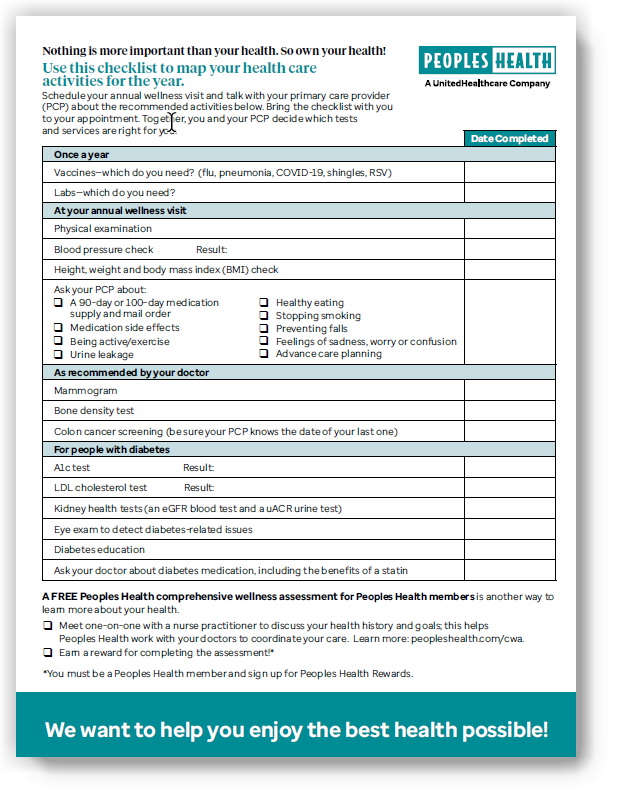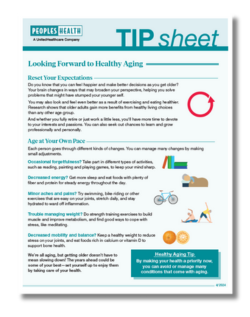If your doctor prescribes an opioid or a benzodiazepine medication for you, it’s important to understand how to take the drug and the risks you may face when you do.
Opioids are painkillers that may be used to treat moderate to severe pain, such as after surgery or a physical trauma. They work by reducing the messages the brain receives about the pain. Opioids include morphine, oxycodone (OxyContin and Percocet), codeine, hydrocodone (Vicodin and Lortab), and fentanyl, among others.
Benzodiazepines are a class of drugs that includes sedatives and hypnotics. This type of medication treats anxiety, seizures, muscle spasms and sleep disorders. Benzodiazepines include diazepam (Valium), lorazepam (Ativan), alprazolam (Xanax) and triazolam (Halcion), among many others.
How do these drugs affect you?
The most serious side effects are dependence and overdose. Many people who take these drugs have a high chance of becoming dependent on the drug. This means:
- You may have withdrawal symptoms if you stop taking it.
- You might also build up a tolerance, which means your body requires higher doses for the drug to have the same effect.
- An overdose happens when there is more of the drug in your body than it can handle. An overdose can be fatal.
Other common side effects include slowed breathing (often a sign of overdose), sleepiness, confusion, depression, low energy or weakness, constipation, nausea and irritability.
Dependency is a medical condition that affects you physically. It can be scary, and that’s why you should talk to your doctor. If you are dependent, your doctor will diagnose you with substance use disorder—the medical term for dependency—and help you get the treatments you need to work through it.
What can you do to protect yourself?
Ask your doctor questions if you are prescribed one of these medications.
- Find out more about the risks and side effects.
- Ask if there are other treatment options available.
Remember these important things:
- Only take your medication as your doctor prescribes. Never take more than that amount.
- Be able to recognize the side effects, and then tell your doctor if you have them.
- Do not stop taking the drug before talking to your doctor, even if you have side effects. Especially, never abruptly stop taking a benzodiazepine drug. Doing so can cause serious withdrawal symptoms, including life-threatening seizures. Your doctor is the only one who can change your medication.










